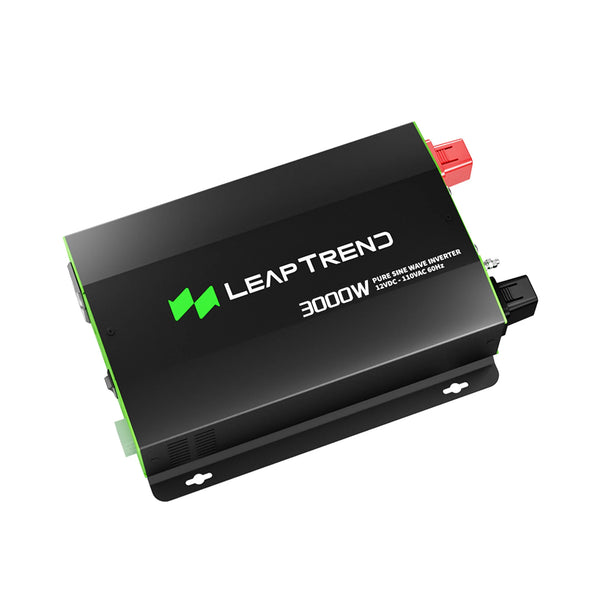How Long Does a 3000W Inverter Last?
If you're considering using a 3000W inverter, it's important to understand its lifespan and factors that can affect its longevity. In this article, I will explain and answer the question of how long a 3000 watt inverter typically lasts. I will also provide examples to illustrate different scenarios and expand on related topics to give you a comprehensive understanding.
Factors Affecting the Lifespan of a 3000W Inverter
Quality of the Inverter
The quality of the inverter plays a significant role in its lifespan. High-quality inverters are built with durable components and undergo rigorous testing, resulting in a longer lifespan compared to lower-quality alternatives.
Usage Patterns
The usage patterns of the inverter can impact its lifespan. If the inverter is consistently operated at or near its maximum capacity, it may experience more stress and have a shorter lifespan. On the other hand, if the inverter is used within its recommended capacity and given proper rest periods, it can last longer.
Maintenance and Care
Regular maintenance and proper care can extend the lifespan of a 3000W battery inverter. This includes keeping the inverter clean, ensuring proper ventilation, and checking for any loose connections or signs of wear.

Examples of Inverter Lifespan
1. Example 1: Inverter A, a high-quality 3000W battery inverter, is used within its recommended capacity and undergoes regular maintenance. It has a lifespan of approximately 5-10 years.
2. Example 2: Inverter B, a lower-quality 3000W power inverter, is consistently operated at or near its maximum capacity without proper rest periods. It may have a shorter lifespan of around 2-4 years.

Additional Insights
1. Inverter Efficiency: The efficiency of the inverter can impact its lifespan. Higher efficiency inverters tend to generate less heat and experience less stress, resulting in a longer lifespan.
2. Environmental Factors: Environmental conditions such as temperature, humidity, and dust can affect the lifespan of a power inverter 3000w pure sine wave. Extreme temperatures and excessive dust can cause components to degrade faster.
3. Overloading and Surge Protection: Overloading the inverter or subjecting it to power surges can significantly reduce its lifespan. It is important to use surge protectors and avoid exceeding the inverter's capacity.
The lifespan of a 3000W inverter can vary depending on factors such as quality, usage patterns, maintenance, and care. By choosing a high-quality inverter, using it within its recommended capacity, and providing regular maintenance, you can maximize its lifespan. Understanding the impact of usage patterns, maintenance, and environmental factors will help you make informed decisions and ensure the longevity of your 3000W inverter.
























